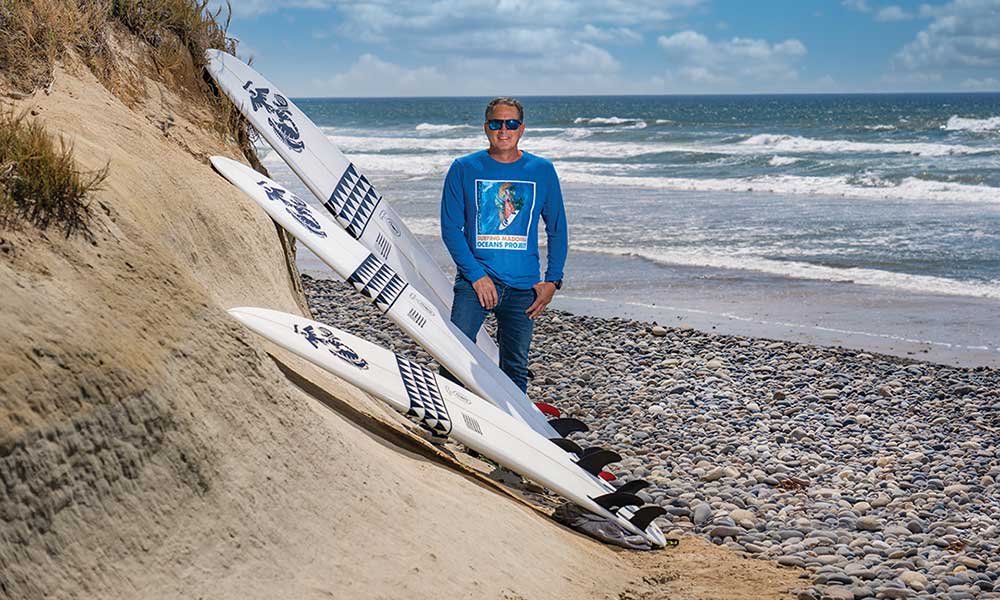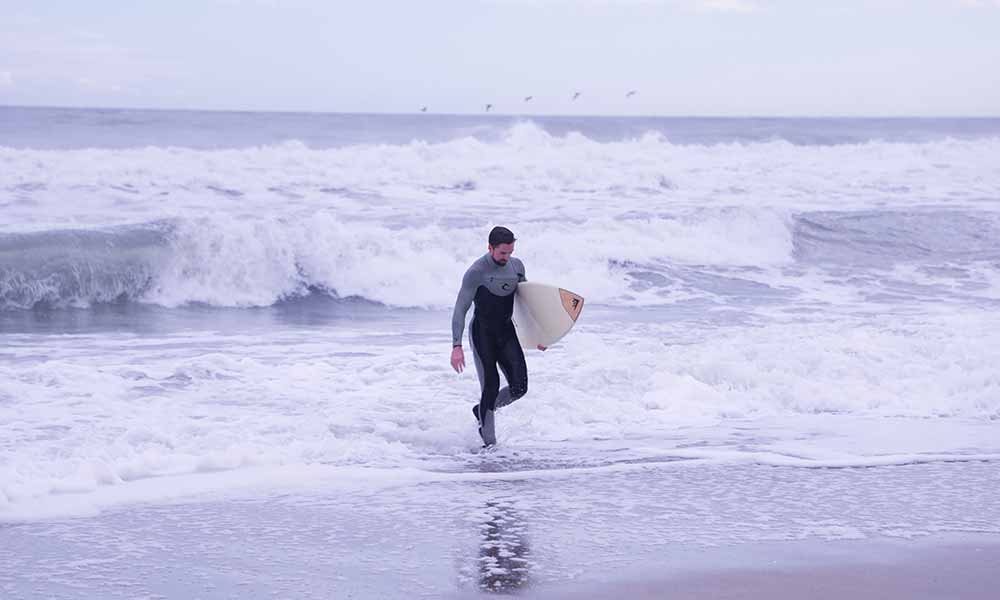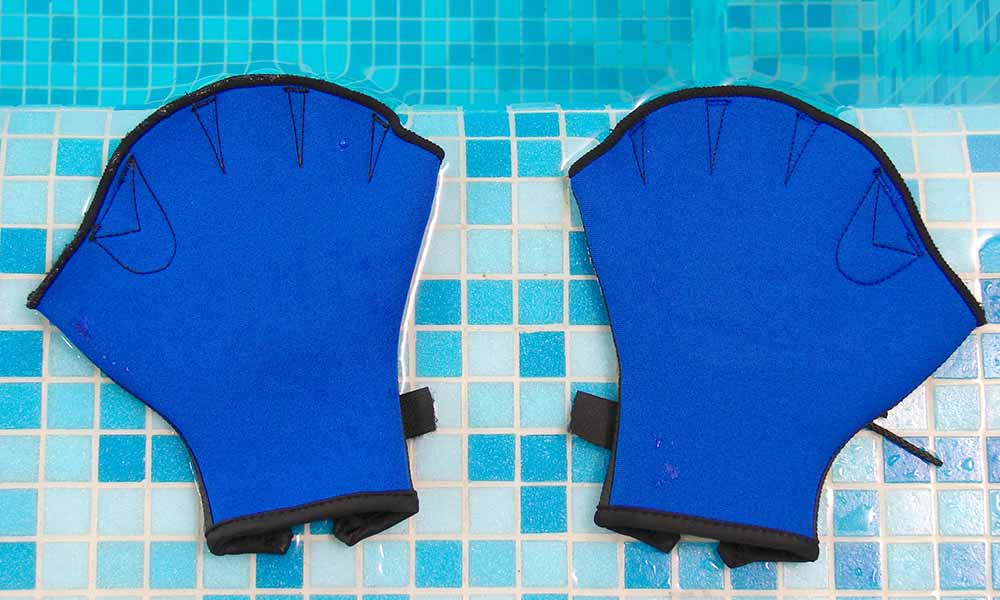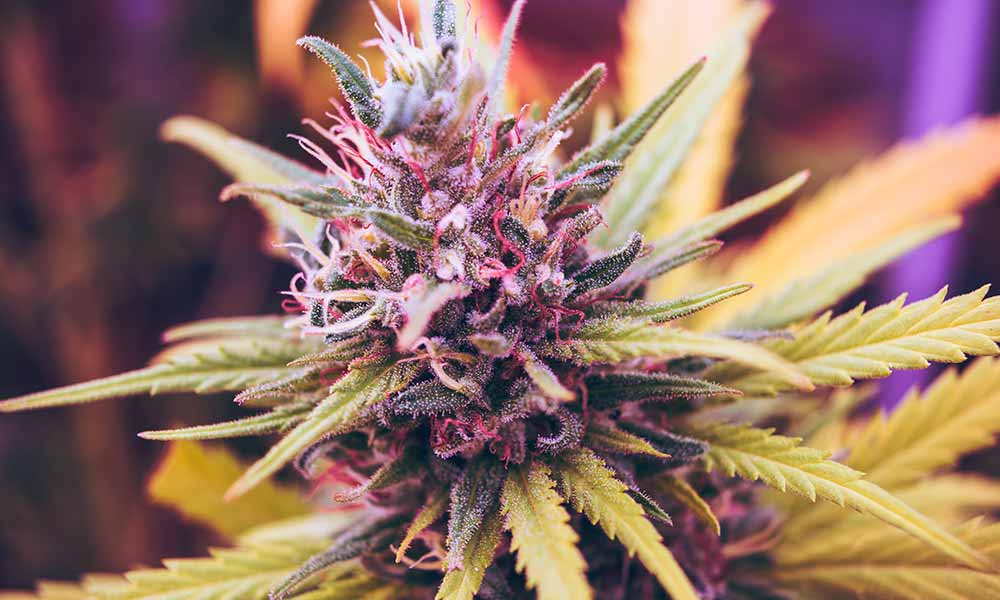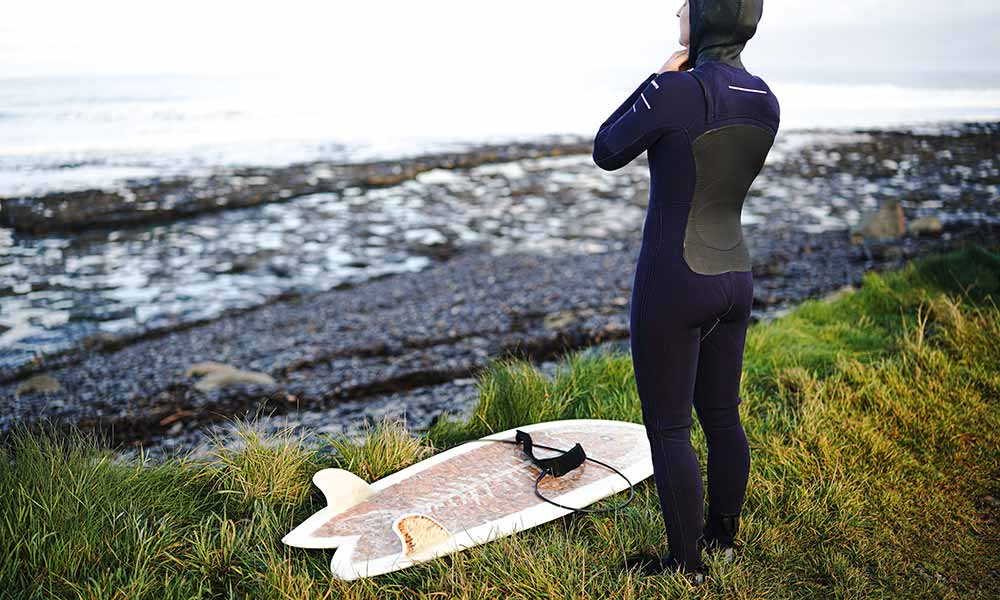The ketogenic diet (AKA “keto diet”) is everywhere.
At a basic level, it’s a great way to lose weight quickly and without starving yourself.
But it goes far beyond that and has been used by athletes to make weight and get in shape.
Tyson Fury reportedly used the keto diet to shed over 100 pounds in preparation for his return to the ring, a return that eventually saw him knock out Deontay Wilder and reclaim his status as one of the world’s best.
Tim Tebow is also a fan, and it has become increasingly popular in the surfing community.
But what is the ketogenic diet, is it really as effective as people claim, and what are the pros and cons of keto for surfers?
What is the Ketogenic Diet?
Keto is a high-fat low-carb diet.
The idea is that replacing carbs with fat will force your body into a metabolic state called “ketosis”.
Carbs provide your body with the glucose it needs to create energy.
Without that glucose, it turns to a “back-up” fuel source provided by fat, converting body fat (and the fats you eat) into ketones that it can use for energy.
When you adopt a keto diet, you’re basically retraining your body to use fats (instead of carbs) for energy.
A lot of diets like this are based on pseudoscience.
They sound believable, but they’re not based on any biological fact.
Keto is different. Not only is it an effective way for obese individuals to lose weight, but it’s also great for controlling blood sugar.
It’s not perfect, though.
There are some potential health issues.
What’s more, you can’t simply reduce your carb intake and expect to see the same results.
Types of Keto Diets
One of the biggest misunderstandings regarding the keto diet is that it’s just a “low carb” diet.
But simply removing bread and pasta from your diet isn’t sufficient.
It might provide some weight loss benefits, but it won’t trigger the metabolic state that you need to attain the full benefits.
There are four different types of ketogenic diet.
They all focus on the same goal and follow very similar rules, but there are a few differences:
- Standard Ketogenic Diet (SKD): A high-fat, low-carb diet with moderate amounts of protein. The ratio is usually 5% carbs, 20% protein, and 75% fat.
- Targeted Ketogenic Diet (TKD): A variant that is good for surfing and can be implemented by athletes. The targeted keto diet is still low carb and high fat, but it allows for the use of carbs around workouts and athletic activity.
- Cyclical Ketogenic Diet (CKD): A keto diet that includes “refeed days”, where several days of traditional keto eating are followed by a high-carb day or two.
- High-Protein Ketogenic Diet (HPKD): The carbs are still low but the protein is a little higher. Another good option for high-activity individuals like surfers.
Pros and Cons of the Keto Diet for Surfers
Weight loss is one of the biggest benefits of the keto diet.
It’s a great way to stay in shape and ensure that you’re lean all year long.
If utilized properly, it shouldn’t have a major impact on performance, although there will be an initial period in which you feel tired and ill.
These symptoms usually disappear after a few days and occur as your body adapts to a state of ketosis.
The major downside of the keto diet is that you have to abstain from carbs.
It means saying no to pasta, pizza, bread, sugar, and alcohol, among other things.
Is Keto Dangerous?
It’s often said that the keto diet is perfectly safe.
Advocates argue that you’re still getting the nourishment that your body needs, and so there are no risks.
The reality is a little different.
Firstly, while it’s true that an optimum keto diet is healthy, that’s not the diet that everyone follows.
Far too many followers see the keto diet as an excuse to eat unhealthy and processed foods, consuming a dangerous among of saturated fats and trans fats.
Even if you make smarter choices, there is still a greater risk of kidney stones, digestive issues, low blood sugar, and bone problems.
Of course, you could argue that high-carb diets are more likely to cause liver problems (associated with large quantities of refined sugars) and high blood sugar, so there is a balance.
The jury is still out on whether or not keto diets increase the risk of heart disease and cancer.
We have countless studies that suggest a high-fat diet greatly increases the risk of heart attack, strokes, colon cancer, and a host of other issues.
At the same time, however, we know that the consumption of healthy fats can reduce the risk and that high-carb diets can be just as problematic.
Keto Q&A for Surfers
What Can I Eat Unlimited on Keto?
The idea of “unlimited” foods on keto has led to a few misunderstandings.
Cheese, eggs, and other high-fat foods are low carb and can be added to your diet, but they still contain calories and you can still exceed your daily calorie requirement.
Olives are a great snack as well, as they are mostly fat.
Just keep an eye on your calories.
Can Athletes Eat Keto?
Yes, but it’s important to be aware of the side effects and dangers.
Not only is there an initial “keto flu” period, but there may also be an increased risk of kidney issues and nutrient deficiencies.
If you’re an athlete, it’s important to monitor your health and get regular checkups when doing keto.
What is a Typical Daily Diet for Surfers on Keto?
The trick to making keto work for you is to focus on the foods that you like.
Don’t force yourself to adapt to a meal plan that includes foods you don’t eat or can’t easily find in your location.
Look for high-fat, moderate protein, and low-carb foods and pay attention to your calorie consumption.
Here is a quick list of the foods to eat and avoid on keto:
What to Eat
- Meat
- Oily Fish
- Butter
- Cheese
- Healthy Oils
- Nuts and Seeds
- Low-Carb Veggies
- Eggs
What to Avoid
- Sugar and Sugary Treats
- Sweet Sauces
- Trans Fats
- Too Many Saturated Fats
- Alcohol
- Fruit Juices and Smoothies
- Highly-processed Foods
- Beans and Legumes
- High-Carb Vegetables (such as root veg)
- Fruit
Do Keto Pills Work?
Keto pills might help, they might not, but they are definitely not as effective as a properly maintained keto diet These pills are often used as a quick weight loss hack by people who don’t want to commit to a diet, and in that context, they are next to useless.
Will Keto Impact Performance on the Waves?
Initially, it could make you more tired and sluggish as your body adapts to the lack of carbs.
Over time, however, you shouldn’t have any issues and will find the energy you need to ride.


